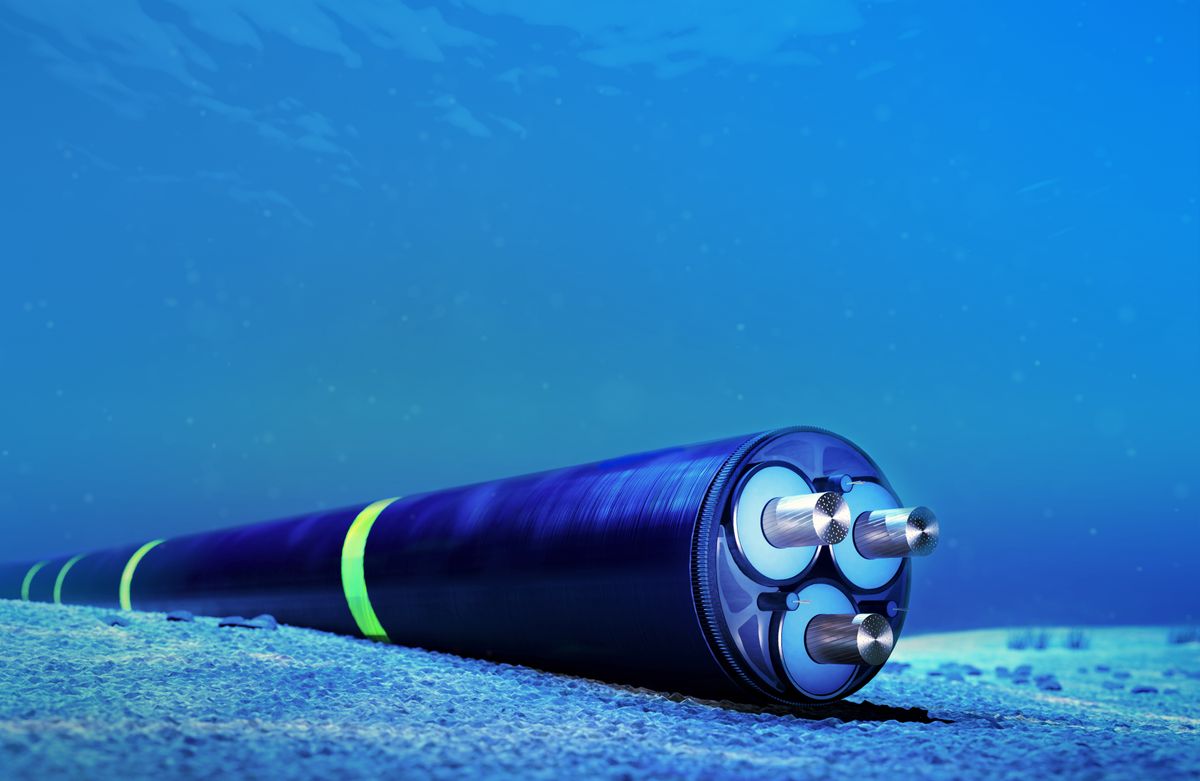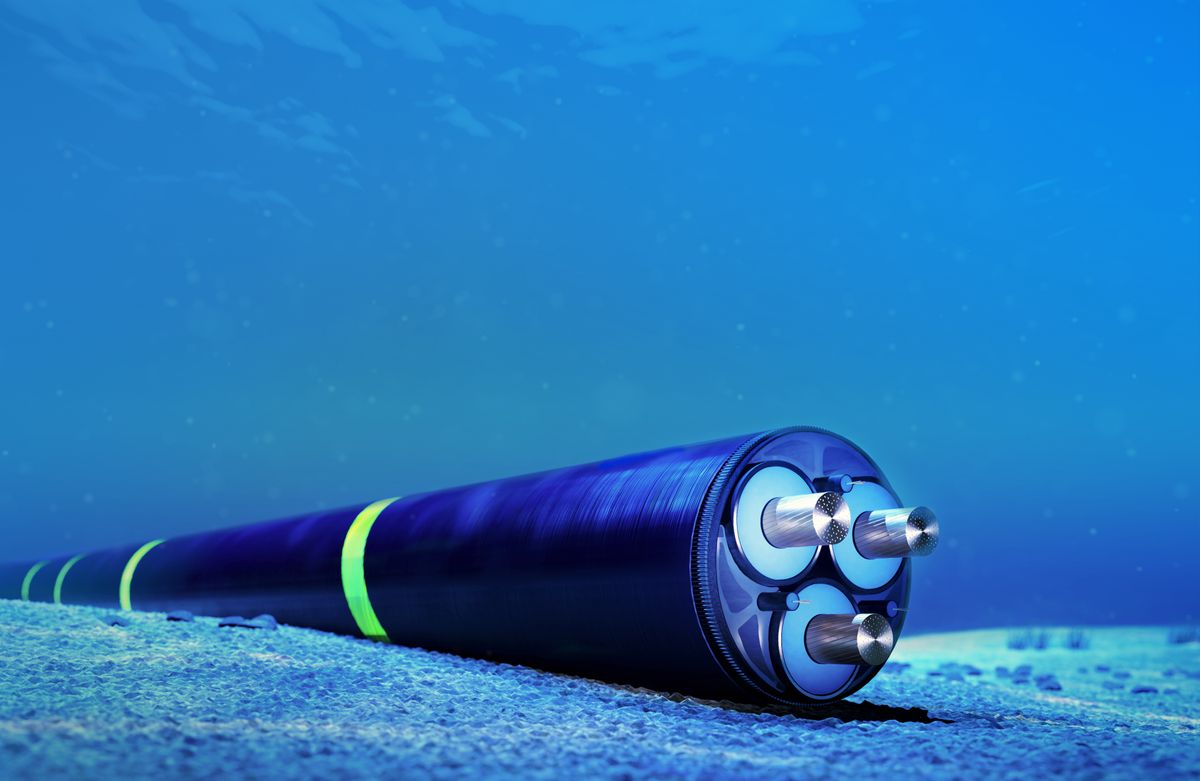
According to a new Bloomberg report, NATO is backing a project aimed at ensuring continuous internet connectivity should undersea cables, crucial for digital communications, come under attack.
Researchers from the US, Iceland, Sweden and Switzerland are collaborating to develop a system that can seamlessly reroute internet traffic from compromised subsea cables to satellite systems in case of sabotage or nature disasters.
The proposal to create a backup system comes amid ongoing global geopolitical tensions, promising uninterrupted online connections even in the event of subsea cable failure.
NATO wants to build a backup internet system
NATO, which comprises 32 member countries, has allocated up to €400,000 ($433,000) towards the $2.5 million project, with additional support coming from research institutions, according to documents cited by Bloomberg.
The initiative, which has not yet been publicly announced, arises from growing concerns that nations like Russia or China could tamper with subsea cables to disrupt communications during military conflicts. The cables are said to handle an estimated $10 trillion in daily financial transactions, underscoring the immense impact an attack or failure could have.
Last year, NATO established a center to coordinate best practices for safeguarding undersea infrastructure. The news also comes in the wake of several Google-funded expansions of subsea cable networks, particularly in the Pacific region.
Sweden and Iceland are among the countries interested in the project, which aims to enhance the detection of threats to subsea cables and improve accuracy from the nearest kilometer to the nearest meter.
TechRadar Pro has asked NATO to confirm the plans, but we did not receive an immediate response.
More from TechRadar Pro
Services Marketplace – Listings, Bookings & Reviews
